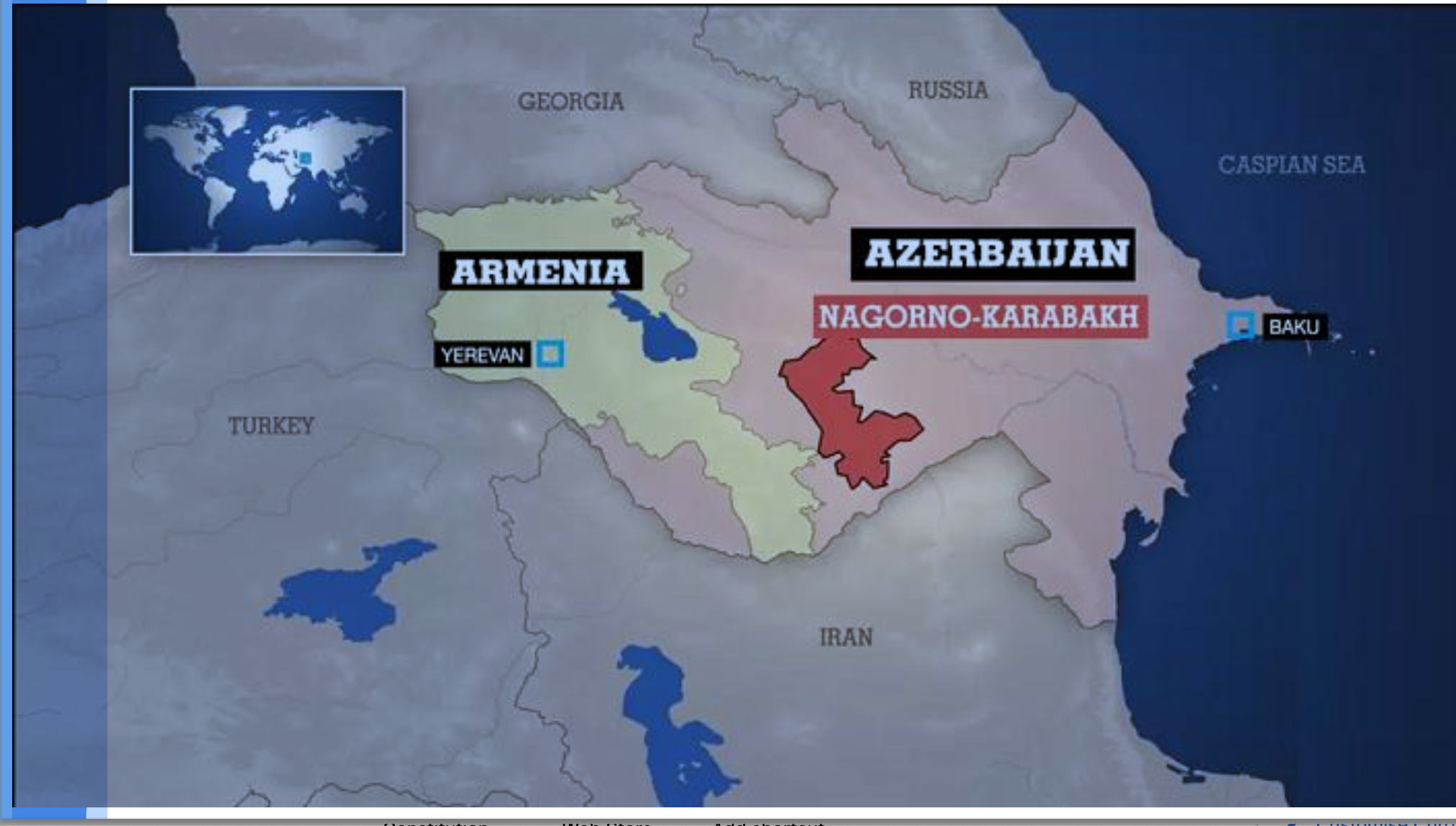What Has Happened In Nagorno-Karabakh?
The self-declared republic of Nagorno-Karabakh may cease to exist soon as its president signs a decree dissolving state institutions following its defeat by Azerbaijan. The Azerbaijani victory last week triggered a vast exodus of ethnic Armenians living in Nagorno-Karabakh and marked the end of decades of conflict –And possibly the end of centuries of Armenian presence in the region resulting in Nagorno-Karabakh may not exist like before.
THE SEVERITY OF MIGRATION IN NAGORNO-KARABAKH
An ethnic Armenian exodus has nearly emptied Nagorno-Karabakh of residents since Azerbaijan attacked and ordered the breakaway region’s fighter groups to disarm. Nazeli Baghdasaryan, the press secretary to Armenian Prime Minister Nikol Pashinyan, said on Saturday that 100,417 people had arrived in Armenia from Nagorno-Karabakh, Which had a population of approximately 120,000 before Azerbaijan reclaimed the region in a lightning offensive last week.
A total of 21,043 vehicles have crossed the Hakari Bridge, which links Armenia to Nagorno-Karabakh, since last week, Baghdasaryan said. Some lined up for days because the winding mountain road that is the only route to Armenia became jammed.
Pashinyan has alleged the ethnic Armenian exodus amounted to “a direct act of an ethnic cleansing and depriving people of their motherland”.
Azerbaijan’s Ministry of Foreign Affairs strongly rejected the characterisation, saying the mass migration by the region’s residents was “their personal and individual decision and has nothing to do with forced relocation”.
WHERE DO MIGRANTS GO?
Pashinyan said in a speech Sunday his government “will welcome our sisters and brothers of Nagorno-Karabakh to the Republic of Armenia with all care.”But how prepared Armenia – a nation of some 2.8 million people – is to house up to 120,000 arrivals from Nagorno-Karabakh remains unclear.
Many of those on the move landed in temporary refugee camps in the border towns of Goris and Kornidzor.
During a visit to Armenia, United States Agency for International Development (USAID) chief Samantha Power warned that migrants may suffer from “severe malnutrition.”Nagorno-Karabakh has been under blockade since December 2022, when Azerbaijan-backed activists established a military checkpoint on the Lachin corridor.
